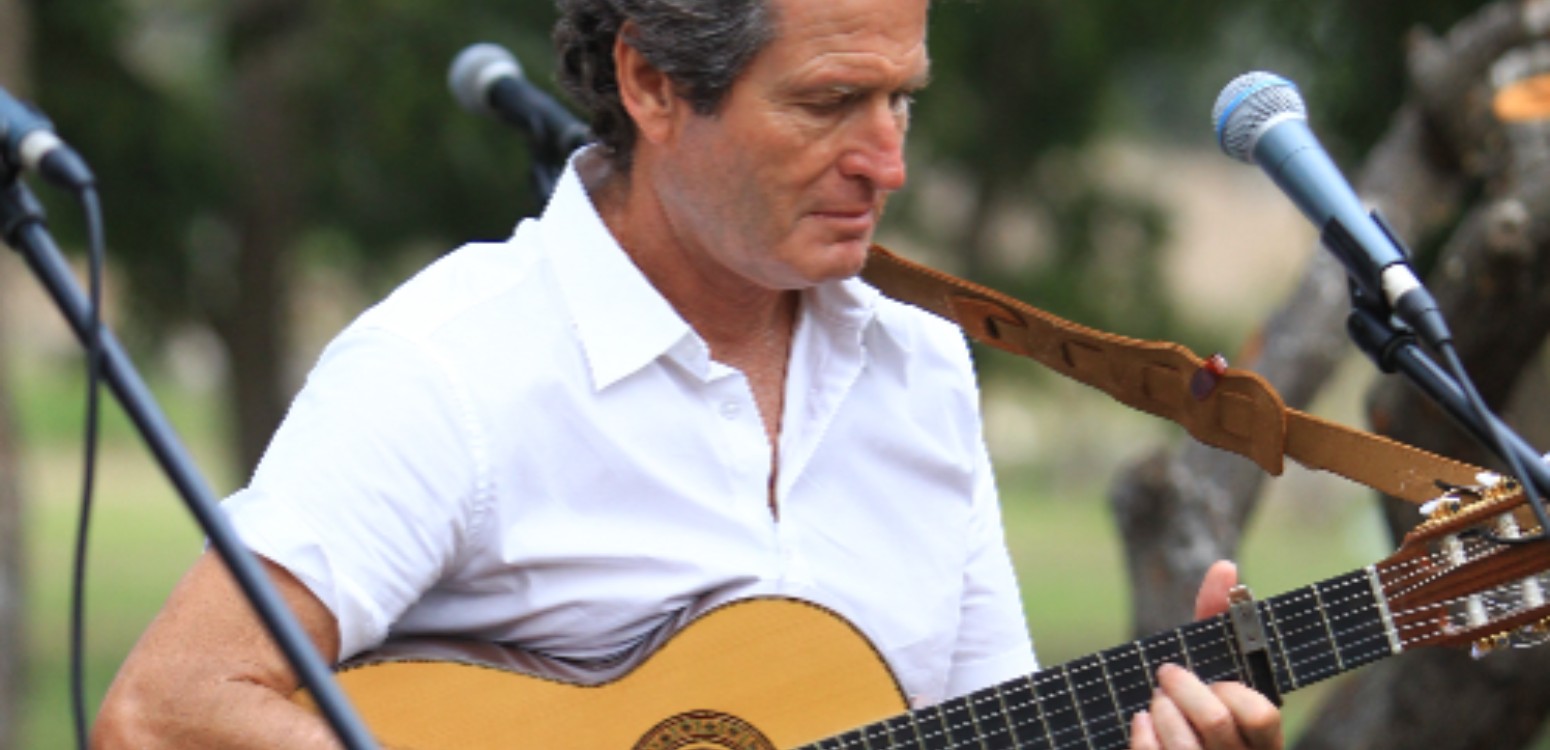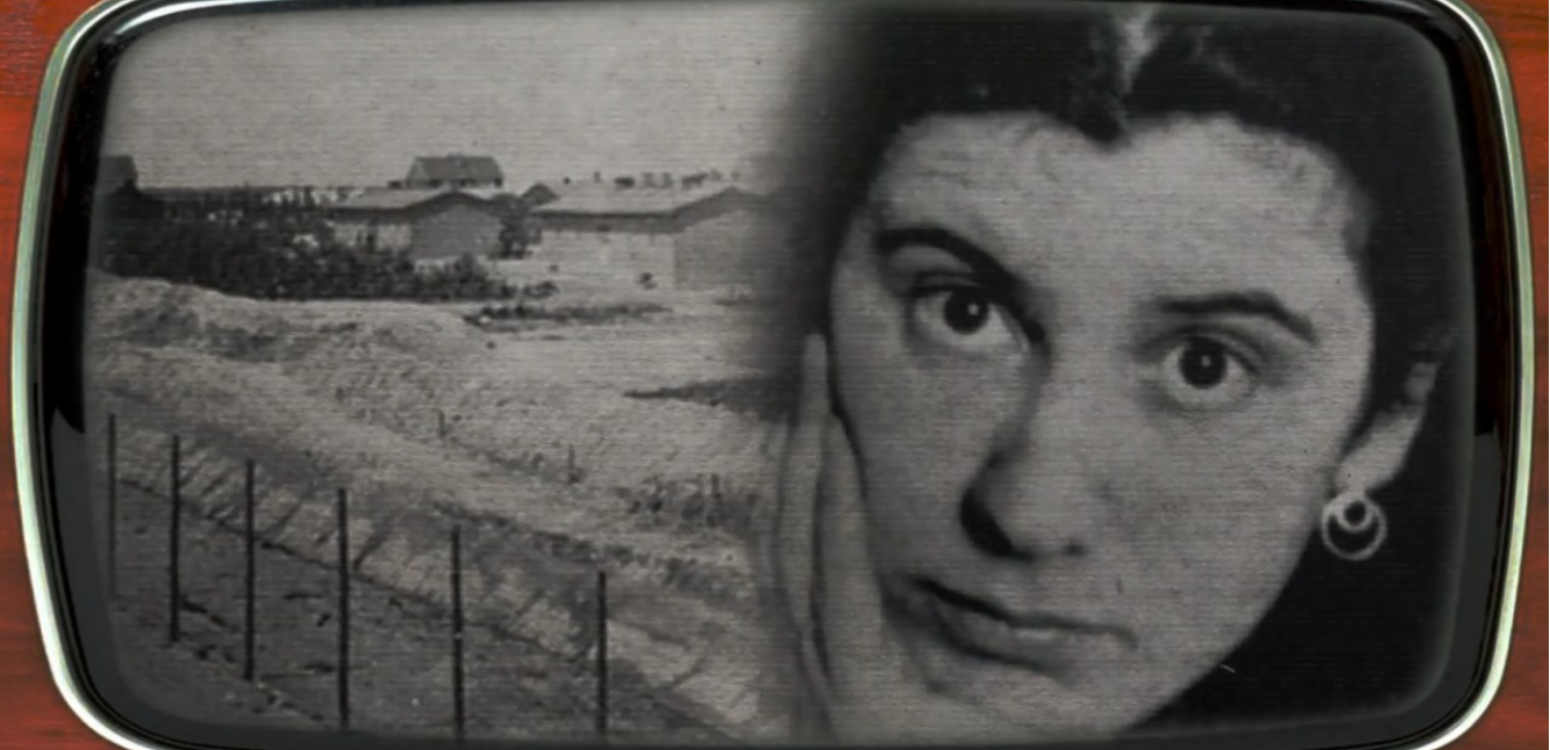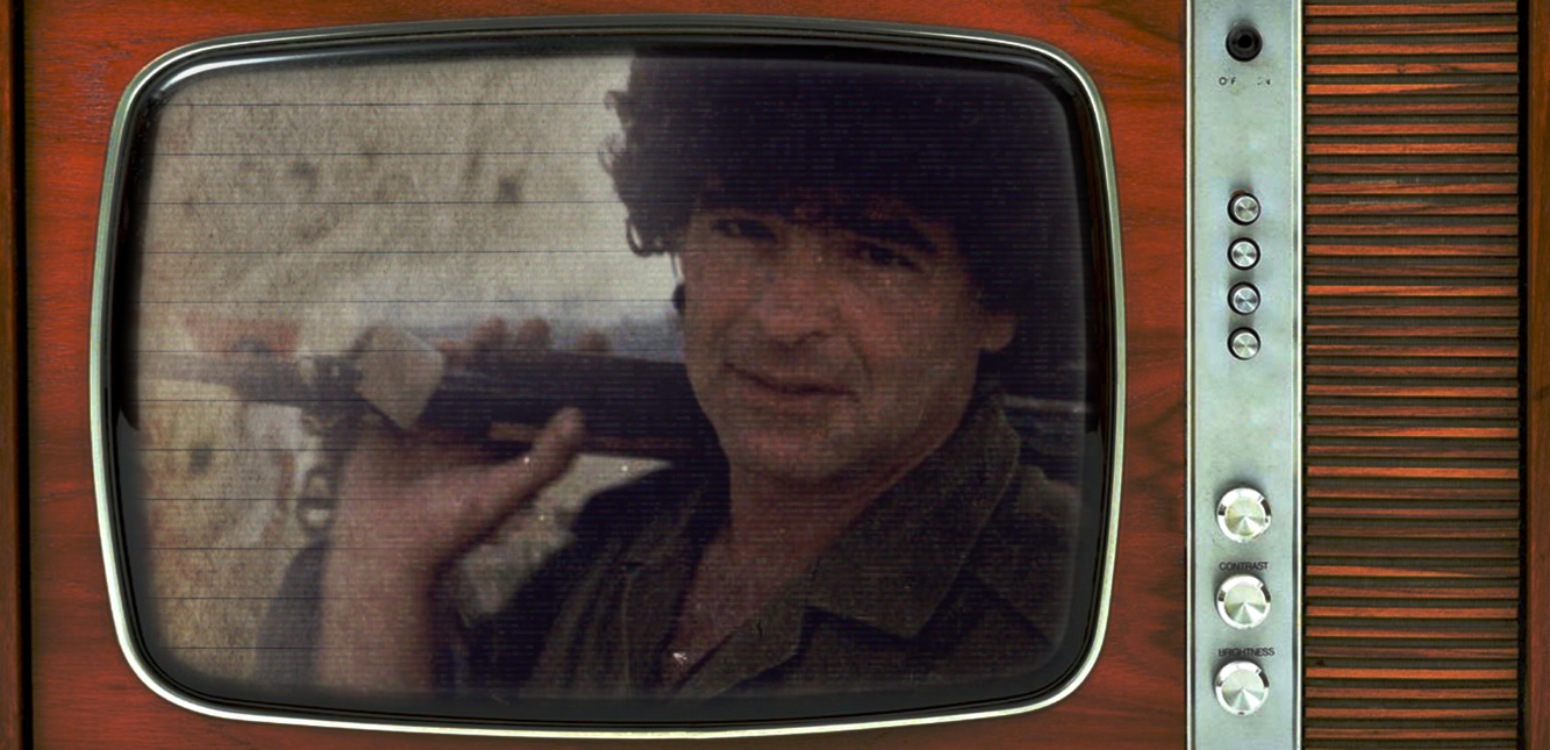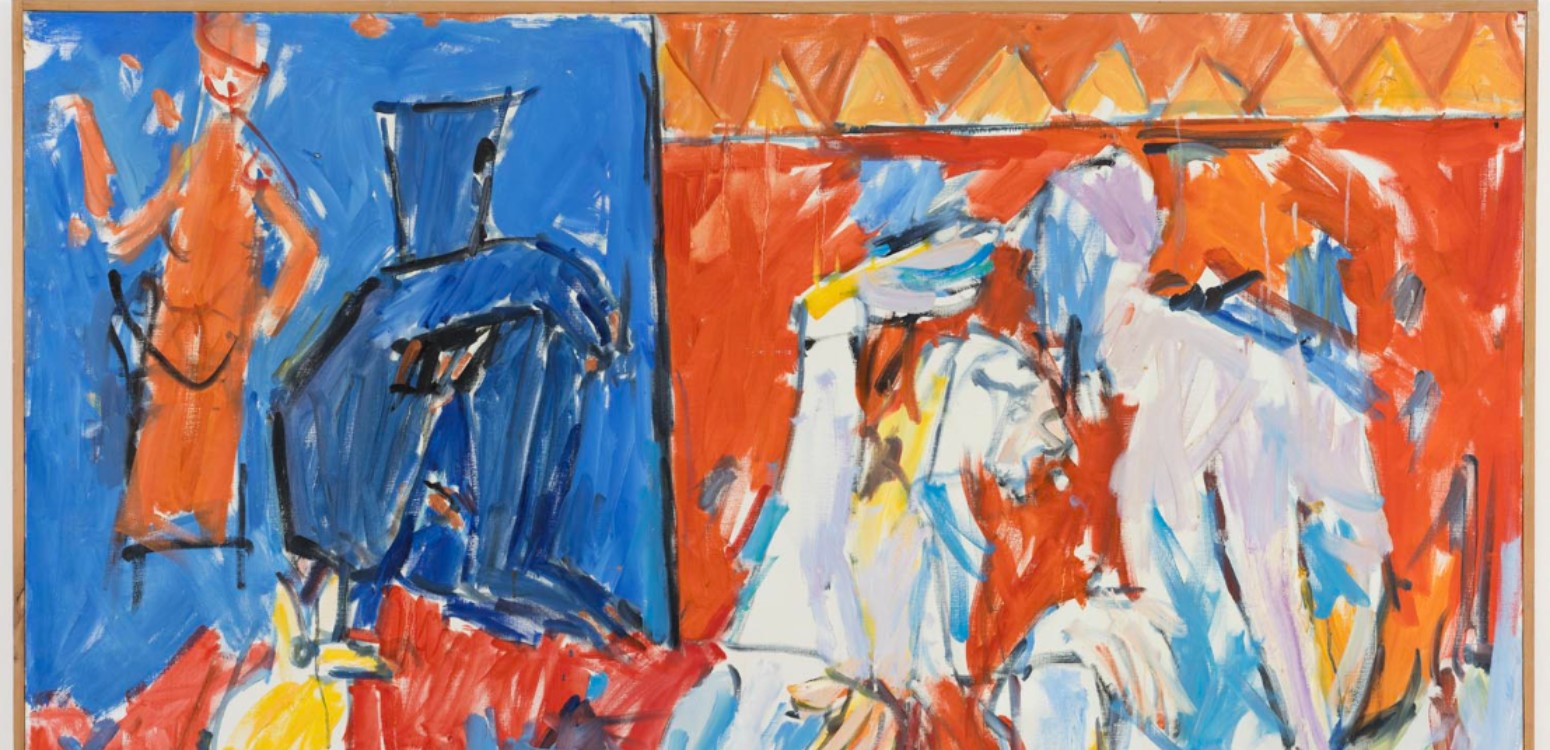Only two months after making Aliyah to Eretz Yisrael, HaRav Kook was asked to eulogize Herzl, a secular, non-practicing Jew. The Yishuv held its breath. However, the things that he said in his eulogy opened up the possibility of an unprecedented combination of nationalism, Jewish Enlightenment, and religious observance
On Friday, 13.5.1904, a ship arrived at the port of Jaffa and on it stood the person who would later become the Chief Rabbi of the Land of Israel and one of the most important Jewish thinkers in modern times: Rabbi Abraham Isaac HaCohen Kook, known as HaRav Kook.
The diverse crowd that welcomed him, the members of the New Yishuv, hoped that HaRav Kook would be able to navigate between the secular and the religious, the capitalists and the socialists, the Ashkenazim and the Sephardim, the educated and the Haredim. No one imagined how far-reaching the results of the encounter between this poetic soul, rooted in the world of legend and Kabbalah, and the attempts of the Jewish nation to renew its life in the Land of Israel would be.
The days of grace Rabbi Kook had to prove himself in his complex role were few. About two months after his arrival in Israel came the bitter news of the death of the national leader Binyamin Ze'ev Herzl (who died after a year of fierce controversy over the proposal for Jewish settlement in Uganda). His weak health, hard work, and the struggles and intrigues in the Zionist movement defeated the visionary of the State of Israel.
Herzl’s death was a great disaster for the Jewish people. There were those who hated and slandered him; Others saw him as a messianic figure; And in any case, his death was seen as a chasm opening before the entire Zionist movement. At the end of the Shiva, a meeting was held in Jaffa in his memory at the Anglo-Palestine Bank, and HaRav Kook was called to eulogize him. He understood the complexity of the event and the need for the audience to hear words of comfort, but he also understood the sensitivity of the Haredi world (Kook described his considerations and thoughts in his letter to his father-in-law, which are compiled in his book Ginzei HaRaiyah).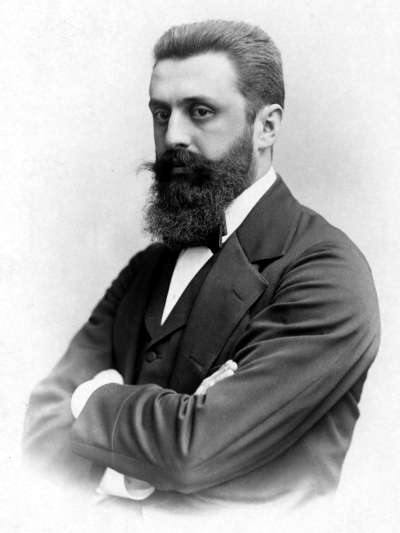
The Haredim did not forget Herzl’s pre-Zionist ideas to "solve the Jewish question" through a mass Christianization movement; his theological formulations which were similar to those of Spinoza – the historical "outcast"; and the Christian characteristics of his children's education, his statements about the limited place of religion in Zionism, and the fact that he didn’t disapprove of mixed marriages.
It can therefore be assumed that HaRav Kook's response to the obituary request was ambivalent. He knew that the content of his eulogy would be examined by many. He explained to ADeReT (his father-in-law, Rabbi Eliyahu David Rabinowitz-Teomim, who served as Rabbi of Jerusalem) that he agreed to do it due to the complexity of his role, which requires him to be connected to all the different groups that the nation is comprised of. Kook made a decision “to be of the disciple of Aaron, loving peace and pursuing peace”, and acknowledged that an attempt to bring people together by means of shouting and fighting or preaching morals will not succeed.
Rabbi Kook delivered his eulogy in Hebrew (a point to his credit in the eyes of the New Yishuv); He did not mention Herzl's name throughout the obituary (a point in his favor in the eyes of the Haredim); And to the astonishment of his listeners, he clarified the importance of Messiah son of Joseph (meaning Herzl) and his connection to Messiah son of David in the future.
Zion vs. Jerusalem
A large crowd stood and listened to Rabbi Kook’s eulogy: "Why do we need two messiahs, Messiah son of Joseph and Messiah son of David?"; Isn't Messiah the son of David enough, he asked. And immediately replied: One must distinguish between matter and spirit, or between the body and the soul. The correct division regarding man (consisting of body and soul) is also correct regarding the nation. The material aspect is essential to the spiritual world and is needed "for the good of the nation." Without it, the nation cannot exist and Israel cannot be "a people holy to God" or " Light to the nations", however the spiritual aspect also exists.
In such a public event, Kook did not claim that Zion (the spirit) surpasses Jerusalem (the matter), as he wrote elsewhere. In his obituary he claimed that the spirit surpasses the material and should lead. However, he added: even if "Messiah son of David" expresses the spiritual purpose – to which we aspire – it will not be able to reach realization and development if the framework and material means required for a complete and advanced nation are not completed. This is the role of Messiah son of Joseph.
Why did Messiah son of Joseph die? Rabbi Kook asked, what caused Herzl's death? The reason for this, he answered, is the existing disagreement in Jewish society. The main problem is that people do not understand the need to combine forces; This is the result of a spiritual reduction and a narrow way of perceiving reality and history and of the lack of understanding of the unity of the material and spiritual "opposites".
What is the source of this narrow-mindedness? The diasporic approach. In the diasporic thinking, the Haskalah (the Jewish Enlightenment) and nationalism were seen in a distorted way as enemies of Torah observance; The spirit opposes the spirit. In such a situation it is impossible for Messiah son of Joseph to exist, therefore he must die. Only after his death will everyone be aware of the magnitude of the "distortion".
There is great bitterness in the historical situation we are in, but new and profound insights emerge from it. This reduction has so far resulted in the Zionist and Jewish movement not being successful in its actions, and this lack of success has led the movement down a dangerous path of conflicts and fraternal strife, until the main leader fell victim to it. Kook called his listeners to unite and join together "the tree of Joseph and the tree of Judah." One should rejoice in the material awakening "and know that this [physical] attribute is not the purpose of Israel", but a means for spiritual awakening.
These words were only the harbinger for HaRav Kook's radically powerful and innovative Zionist philosophy which enhanced Herzl's unprecedented work in theology and Kabbalah, Piyyut and Halacha. Kook's philosophy gave Herzl's work a profound spiritual power, of which his eulogy – which astonished those present – were only the precursor.
This article was originally published in Hebrew.
--
For more about the challenges of Jewish existence in the new era, see Beit Avi Chai’s new Seder Boker series, starting April 30 (in Hebrew)
Main Photo credit: Wikipedia

